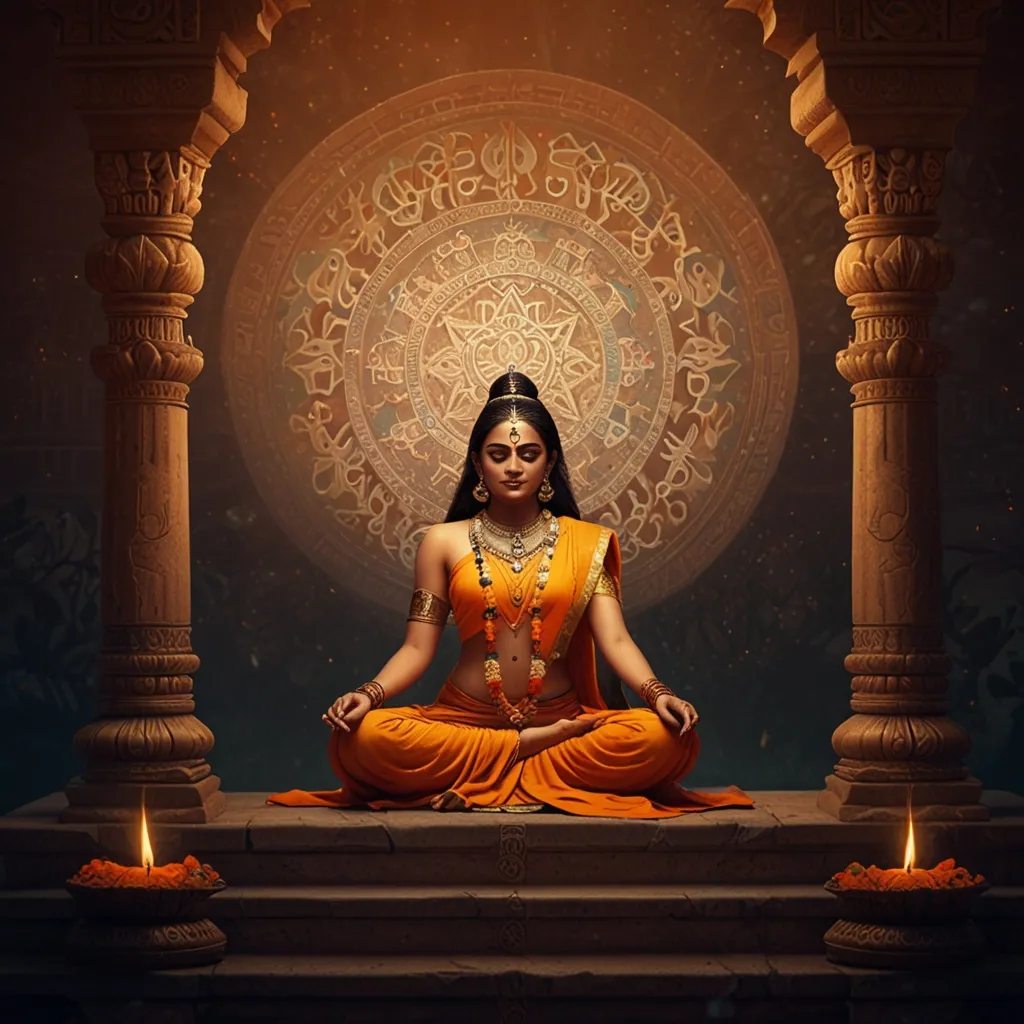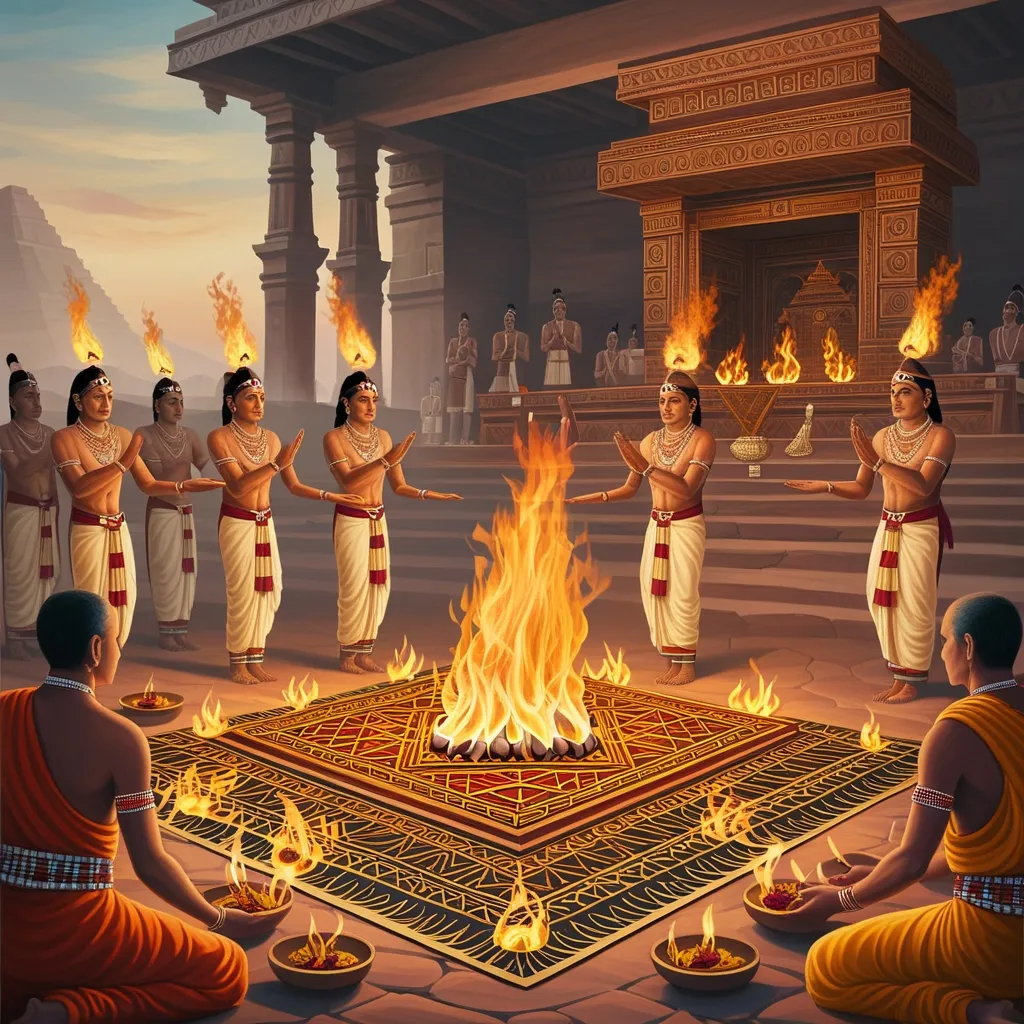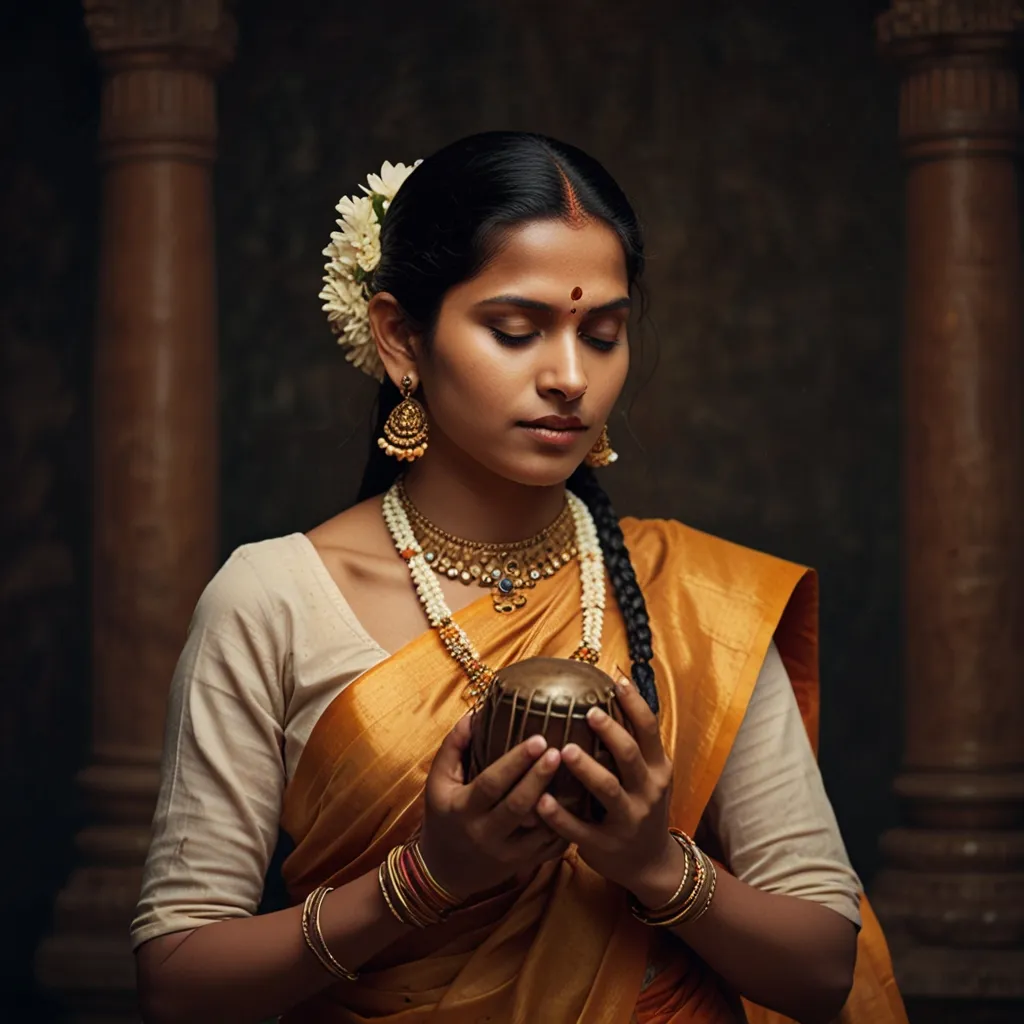Vedic literature feels like stepping into a dense, ancient forest. Not just because it’s old, but it shapes everything around it. This stuff is like DNA for Hindu culture, law, and society. When you talk about Vedic literature, you’re referring to the Vedas themselves, the Brahmanas, Aranyakas, and Upanishads. Think of these as books that have shaped not just ancient India, but modern India too.
Starting with the Vedas, there are four big ones: Rigveda, Samaveda, Yajurveda, and Atharvaveda. They seem simple on the surface—just hymns and rituals—but dig deeper, and they’re packing some profound philosophical punches. The Rigveda stands out because it’s the oldest, capturing the early thoughts and dreams of an ancient civilization.
Now, let’s talk about how all this shaped Hindu law and society. The Vedas are the backbone, laying down not just religious rituals but also the big idea of Dharma. It’s not just a set of rules but a cosmic law that keeps the universe ticking and guides human behavior. By following Dharma, you’re syncing up with the universe, promoting a vibe of harmony and balance.
One more way these old texts influenced society is through the varna system, dividing people into four basic groups: Brahmins, Kshatriyas, Vaishyas, and Shudras. The Manu-smriti is a big player here, detailing what’s expected from each group and stage of life. This text helps legitimize the caste system, which is still a big part of Hindu thought.
The beauty of Vedic literature goes beyond just law and society; it’s weaved into the culture. The language itself, Sanskrit, influenced many Indian languages, literature, arts, and music. It’s not unusual for these hymns and rituals to be memorized and passed down by heart, reflecting their sacred status as Shruti—basically, eternal and ultimate truth.
Let’s dive into the philosophy. The Upanishads are like the spiritual teachers of Vedic literature, offering deep insights on existence, the self, and the universe. Concepts like Atman (the individual self) and Brahman (the ultimate reality) are outlined here, leading individuals toward self-realization and spiritual enlightenment. These teachings aren’t just for Hindus; they’ve influenced other Indian philosophies like Buddhism and Jainism.
When it comes to law, things get interesting. In ancient India, religion and law were entwined. Texts like the Manu-smriti guide moral and legal behavior, explaining what’s right in marriage, hospitality, funerals, and even women’s conduct. The legal system was a mix of spiritual teachings and practical laws, all tied to karma, showing that moral and legal codes were deeply connected.
The Vedic way of thinking also fosters moral development. In texts like the Bhagavad Gita, the idea of Karma Yoga stands out. It’s all about acting without attachment to the results, pushing for moral actions free from personal desires. This creates a society where people act according to their Dharma, leading to balance and harmony.
Historically, Vedic literature is a treasure trove, capturing the early days of human thought. It’s one of the oldest records, giving us a peek into ancient Indian society, culture, and the early Indo-European languages. The historical significance can’t be overstated—it’s like having a time machine to witness the birth of Indian civilization.
Fast forward to today, and Vedic literature still matters. Even though modern society often focuses more on wealth (Artha) and pleasure (Kama), these texts remind us of the importance of Dharma. When ignored, conflicts arise; when embraced, there’s a sense of balance. By revisiting these ancient principles, we can find ways to create a more harmonious society, one where actions are aligned with a higher order.
The takeaway is simple yet profound. Vedic literature’s influence on Indian legal and social norms is vast and deep. These texts aren’t just relics; they’re living traditions guiding us towards moral and spiritual growth. They shape our religious practices, social structures, cultures, and philosophies. By understanding and applying these timeless principles, we can work towards a balanced society where each individual’s actions contribute to the greater good.
In essence, these ancient texts are still highly relevant. As life gets more complicated, the wisdom of the Vedas can offer guidance, helping individuals and societies strive for betterment. It’s not merely about looking back; it’s about using that ancient wisdom to navigate the complexities of today’s world with grace and balance.






